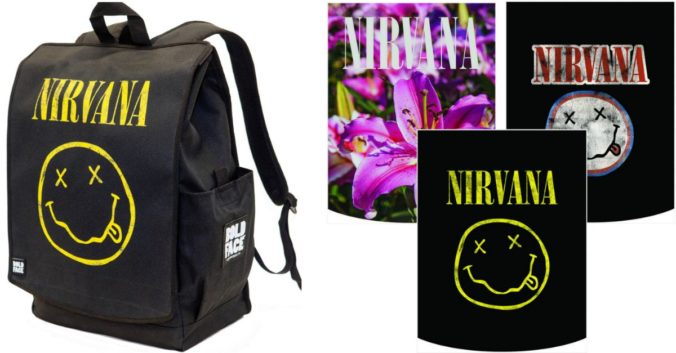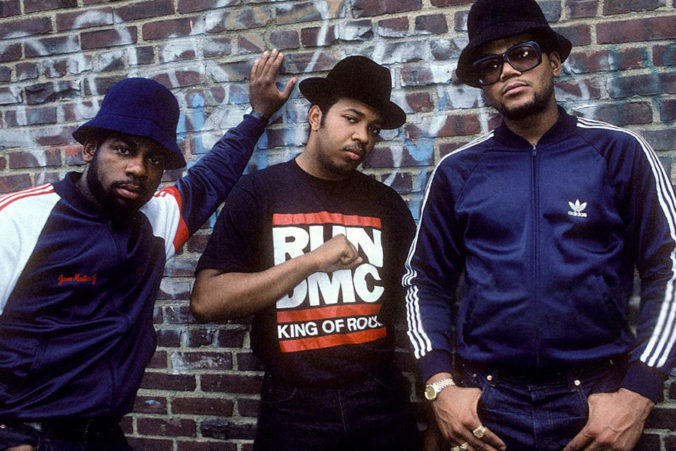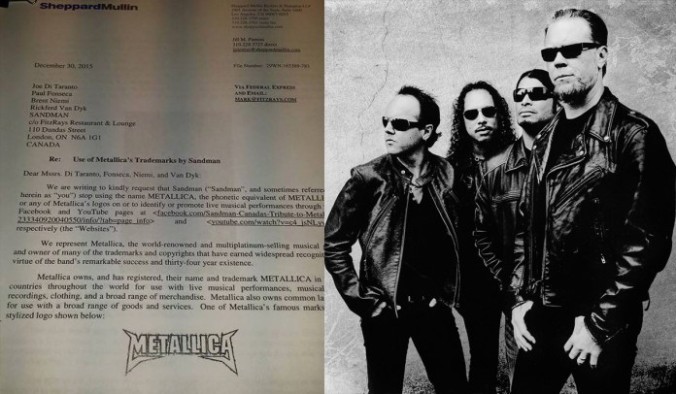Kawhi Leonard sues Nike over the copyright to a logo
June 4, 2019
On June 3, 2019, Kawhi Leonard, a professional basketball player currently with the Toronto Raptors, sued Nike over the rights to a logo.[1] Leonard contends he personally created the logo and owns the copyright to it, but that in 2017, without his knowledge or consent, Nike filed an application to register the copyright to this logo.[2] From October 2011 through September 30, 2018, Leonard was a sponsored athlete under the Nike® brand. According to the lawsuit, he signed a standard “Men’s Pro Basketball Contract” with Nike to be a sponsored athlete. Throughout the duration of this relationship, Leonard endorsed Nike products and Nike used Kawhi’s name and image to promote its products.
This is why the purported rights to the “Leonard Logo” are relevant.
Leonard’s lawsuit seeks to resolve who owns the copyright and possible trademark rights in a logo he claims to have designed himself. The interesting twist is that even if Kawhi created the logo by himself – that fact alone does not resolve the dispute.
Continue reading



Recent Comments